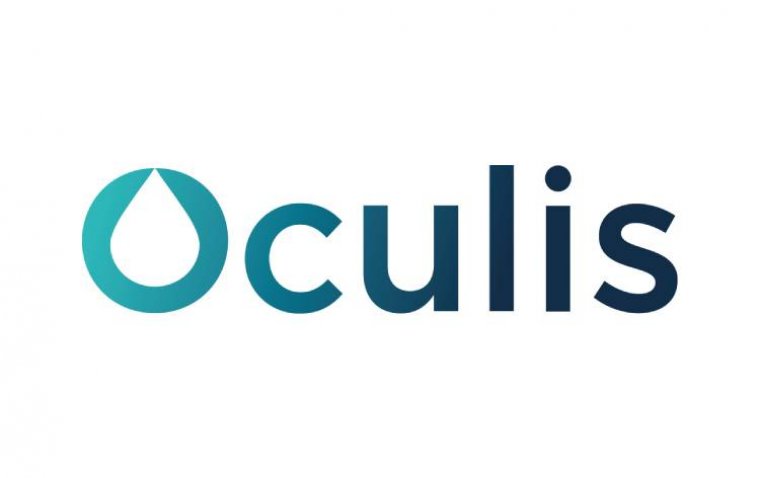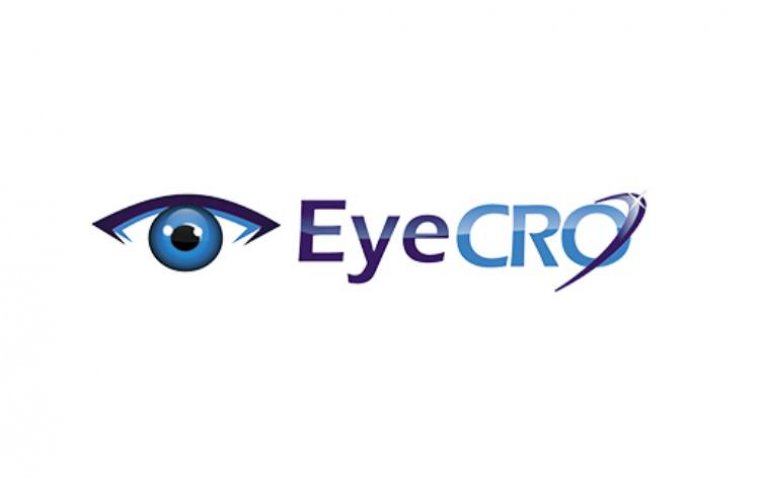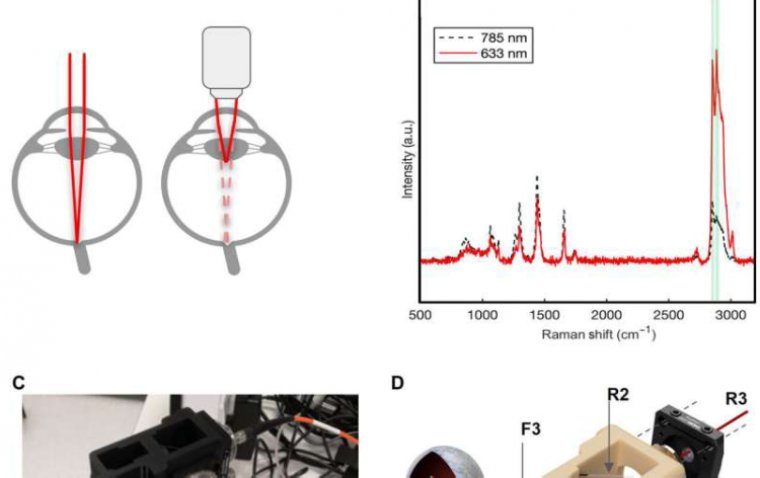
Oculis Completes Enrollment of Phase 2 Trial with OCS-05 for Acute Optic Neuritis
Oculis has completed enrollment in its multicenter, randomized, double-blind, placebo-controlled phase 2 ACUITY trial evaluating the safety and tolerability of OCS-05 in patients with Acute Optic Neuritis (AON). Topline results are expected in Q4 2024.
The phase 2 ACUITY study is evaluating once-daily OCS-05 intravenous infusion in patients with AON. The study is ongoing across four (4) sites in France.
Currently, there are no approved therapies for AON. OCS-05 has been granted orphan drug designation in both the United States and Europe.
CEO Comments on Strategic Progress
“We continue to execute on our strategic programs and are pleased to complete enrollment in the ACUITY trial, an important milestone for OCS-05 clinical program that keeps us on track for an anticipated topline readout in Q4 this year," Riad Sherif, MD, Chief Executive Officer of Oculis, said in a company news release. "In the meantime, we keep on working towards an IND submission for OCS-05 in the U.S. in 2024. We anticipate that a positive readout in this trial would support further development of OCS-05 as a potential first-in-class neuroprotective treatment with wide applicability in neuro-ophthalmic diseases such as AON, glaucoma, geographic atrophy, diabetic retinopathy and other diseases where protecting retinal neurons is key to preserving patients’ sight.”
Potential of OCS-05 as a Neuroprotective Therapy
OCS-05 is a serum-glucose corticoid kinase-2 (SGK-2) activator with the potential to become a neuroprotective therapy for acute optic neuritis and other neuro-ophthalmic diseases. In ophthalmology, this mechanism of action could potentially protect the nerve axons in conditions such as acute optic neuritis, to ultimately prevent vision loss. In animal models of neuroinflammation and neurodegeneration, OCS-05 has shown positive results in prevention of retinal ganglion cell damage and was associated with improvements in clinical function (disability).
About Acute Optic Neuritis
Acute Optic Neuritis (AON) is a demyelinating inflammation of the optic nerve that often presents suddenly and can cause a variety of visual disturbances, including blurred vision, loss of color vision, and pain upon eye movement. Typically affecting one eye at a time, AON is frequently associated with autoimmune disorders such as multiple sclerosis (MS) and can serve as an initial indicator of this disease. The inflammation leads to swelling and destruction of the myelin sheath that covers the optic nerve, disrupting the transmission of visual information from the eye to the brain.
While some patients may experience spontaneous recovery of vision, others might have persistent deficits, which has driven the search for effective treatments that can protect the nerve and prevent or reduce the long-term impact on vision.
(1).jpg)










